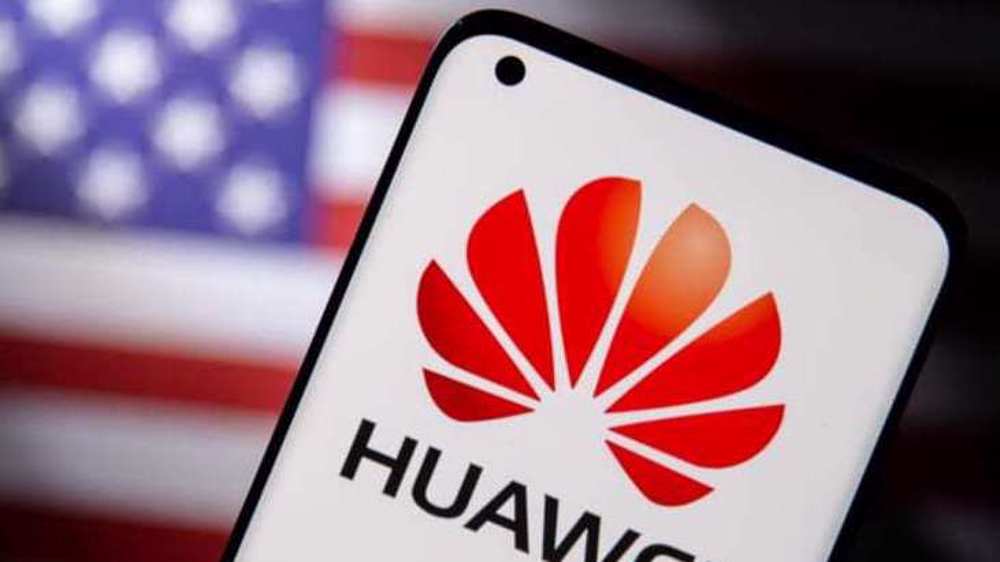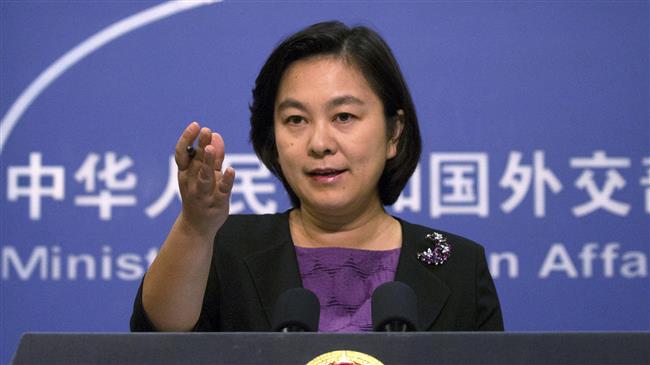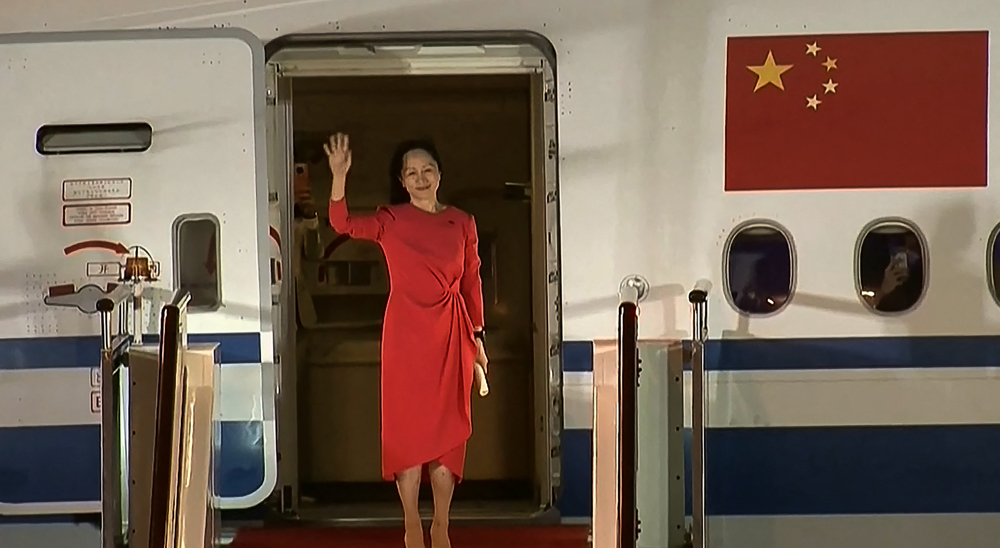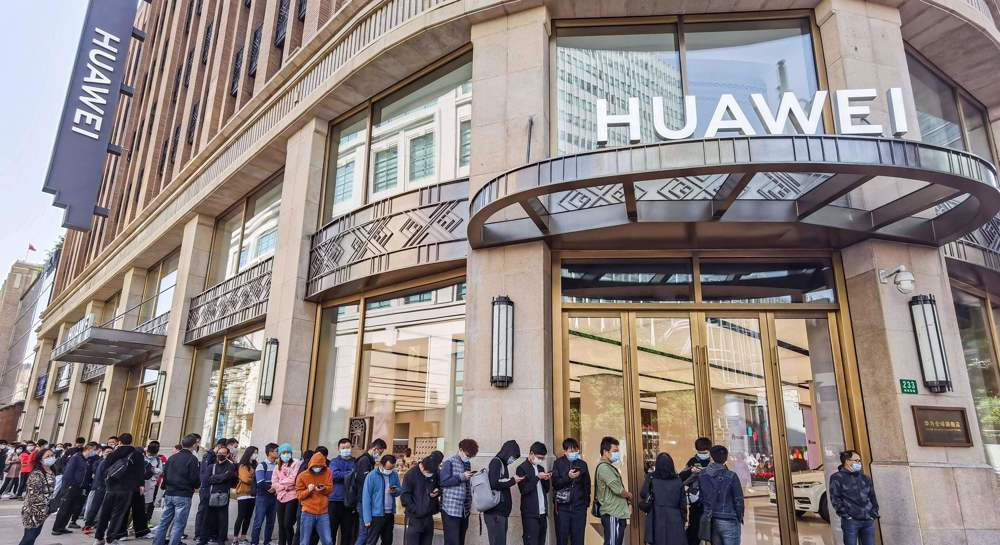US lawmakers vote to tighten restrictions on Huawei, ZTE
The US Senate has voted unanimously to approve legislation to prevent companies such as Huawei Technologies Co. Ltd or ZTE Corp. from receiving new equipment licenses from US regulators.
Last week, the US House, in a 420-4 vote, approved the legislation, which is the latest effort by the US government to crack down on Chinese telecom and tech companies over what it calls national security concerns.
The Secure Equipment Act now goes to President Joe Biden for his signature. The legislation was sponsored in the upper chamber by Senate Intelligence Committee Vice Chairman Marco Rubio (R-Fla.) and Sen. Ed Markey (D-Mass.). The bill was sponsored, in the House, by House Minority Whip Steve Scalise (R-La.) and Rep. Anna Eshoo (D-Calif.).
"Chinese state-directed companies like Huawei and ZTE are known national security threats and have no place in our telecommunications network," Rubio claimed. “Now, President Biden must swiftly sign it into law so that the Chinese Communist Party can no longer exploit this dangerous loophole.”
The measure would forbid the Federal Communications Commission (FCC) from reviewing or issuing new equipment licenses to firms which are on the FCC’s “Covered Equipment or Services List."
Washington has repeatedly accused Huawei of a "decades-long" effort to steal trade secrets from American companies. Huawei has time and again denied the accusations.
In 2019, Trump announced that the US had blacklisted the giant tech, banning it from accessing US technology.
The latest legislation comes after on Tuesday, the FCC voted to revoke the authorization for China Telecom's US subsidiary to operate in the United States.
The decision meant that China Telecom Americas must now discontinue US services within 60 days.
In March, the FCC designated five Chinese companies - Huawei and ZTE, as well as Hytera Communications Corp., Hangzhou Hikvision Digital Technology Co. and Zhejiang Dahua Technology Co. – as posing a threat to national security under a 2019 law aimed at protecting US communications networks.
“The United States, without any evidence, still abuses national security and state power to suppress Chinese companies," Zhao Lijian, a spokesperson at China's foreign ministry, said in June.
Critics of the US say that its motive in attacking Huawei among others is not because it is a genuine security threat but because it is a rival in a crucial sector of the world economy in which America has enjoyed supremacy for decades.
The US and China are at loggerheads over issues, including alleged human rights abuses in Xinjiang, and Beijing's policies in regard to Hong Kong, Chinese Taipei, and the disputed territories in the South China Sea, as well as the origins of the COVID-19 pandemic.
'Capitulation': Israeli officials and media concede Gaza defeat as truce unfolds
'Gaza has won': Social media users react to ceasefire with mix of relief, joy
Iran seeks South Korea’s assistance for AI, fiber-optic projects
VIDEO | Iran's 'Eqtedar' (Power) maneuver
Israel hits HTS military target in Syria for 1st time since fall of Assad
VIDEO | Press TV's news headlines
Israel has slaughtered 13,000 students in Gaza, West Bank
VIDEO | More Zionist than Zionists: Biden’s legacy to be defined by Gaza genocide













 This makes it easy to access the Press TV website
This makes it easy to access the Press TV website